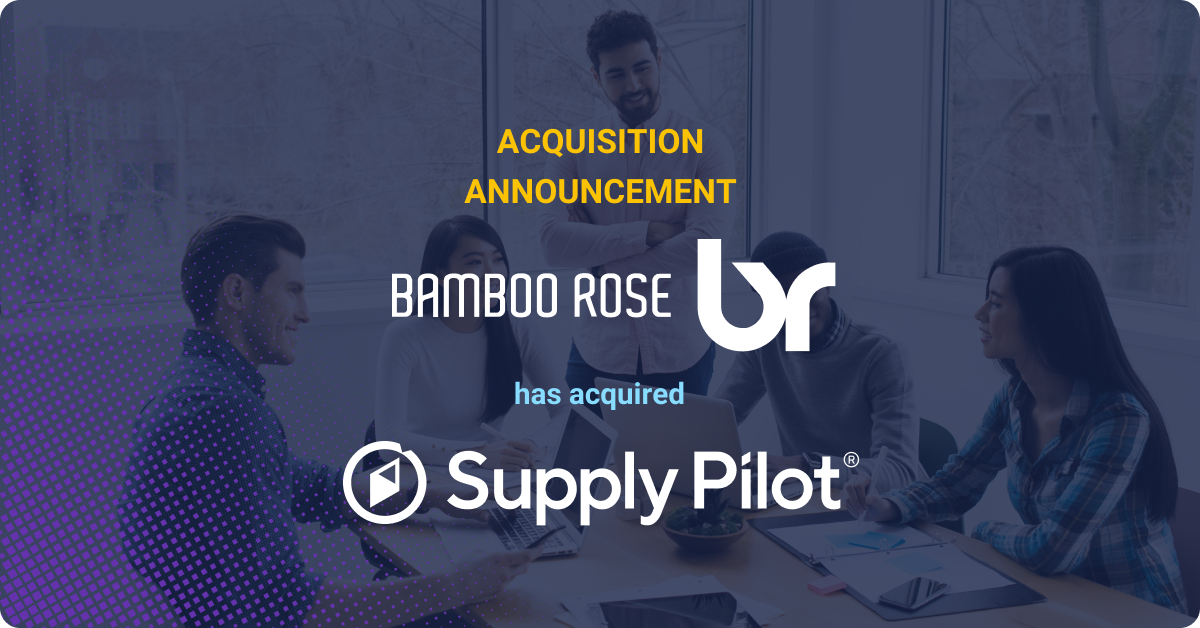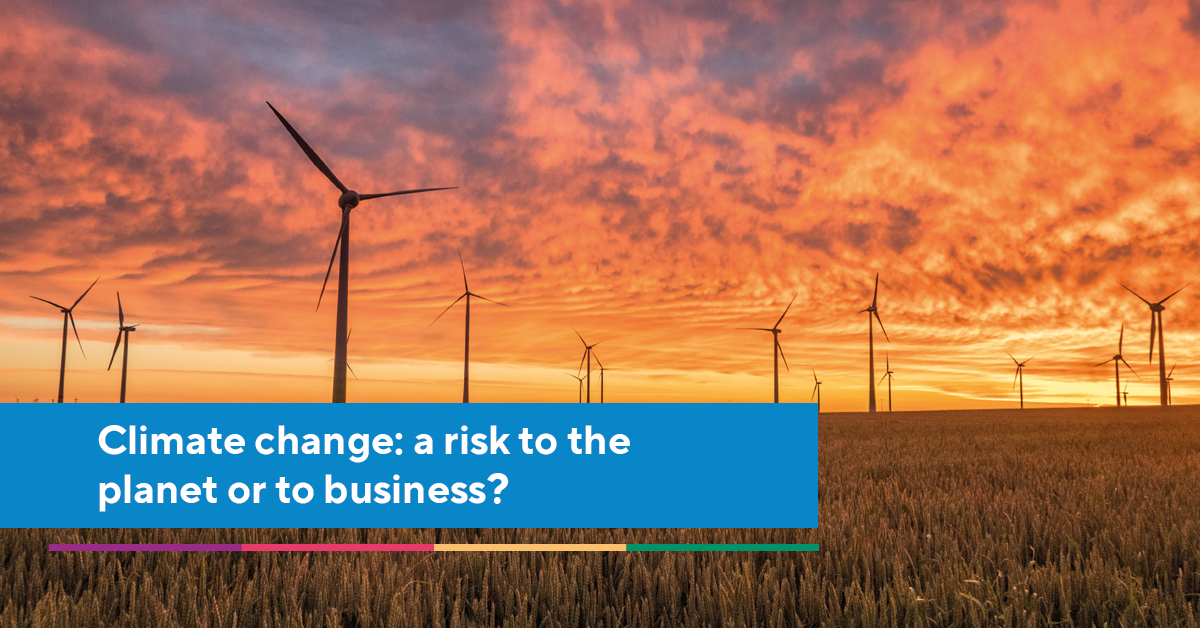It is sometimes believed that businesses need to choose between being more sustainable or more successful, as if it is a toss-up between the two. This could not be further from the truth.
Let us take a look at what drives modern businesses; namely innovation, cost/risk, talent attraction, and brand equity. Whether you look at economics, technology, or the environment, we are increasingly operating in a volatile, uncertain, and complex landscape. Therefore, it is no secret that in order to stay afloat and competitive in rapidly changing markets, businesses need to adapt and innovate. Yet changing regulatory environments make it difficult to keep on top of any exposure to risk. Staying relevant and aligned to customer demand is also required for both brand reputation, loyalty, and talent attraction.
Sustainability is the connective tissue of these drivers which simultaneously gives it the power to affect all of them in a ‘make or break’ capacity. As mentioned in this blog and many before it, key issues such as emissions, human rights, and plastics packaging initiatives are not just a ‘nice to have’ anymore – they are becoming necessary (sometimes regulatory) to maintain customer loyalty and investor interest. This makes a business’ sustainability agenda or strategy a crucial focus, as it will serve as a mechanism to build resilience, avoid risk, drive revenue, and ultimately ensure success.
Why aren’t businesses already ahead of the game?
But if steering business in the direction of sustainability action is not just good for business, but a fundamental driver of success, why are so many businesses not further along in their journey?
There is a huge gap in resources as well as a lack of sustainability skills and knowledge across the globe. According to the IWFM’s 2021 Sustainability Survey, only 57% of managers are equipped for net zero, 47% are on top of sustainable procurement and a mere 33% have a grip on social value. Admittedly, the lack of knowledge around sustainability does differ by industry and department, with some more mature than others.
However, ADR International found that 70% of procurement professionals lack the skills and knowledge to create and implement sustainability strategies. Alongside that, a severe lack of visibility and supply chain transparency means that businesses often have no idea what environmental and social issues they need to address to make a positive impact. With the vast majority of a business’ impact coming from within their supply chain, it is imperative that this data is understood and addressed.
These combined factors combined can cripple many business’ ability to make informed strategic decisions to add social value. But that is not to say that all is lost. If businesses and their procurement teams can build their knowledge of environmental and social issues, gain visibility on what needs to be addressed within their supply chain, then we can all start to make progress collectively. However, this cannot be achieved without properly nurturing supplier relationships to better understand their skill sets and ability to provide accurate data relating to sustainability. This understanding enables businesses to easily spot knowledge gaps and provide adequate resources to support suppliers through change. After all, without suppliers’ active participation, sustainability initiatives become stagnant.
Gaining clarity
The journey to understanding key environmental and social issues (both internally and within your supply chain) can appear to be long, full of hurdles, and with no clear trailhead. But just to reiterate, getting started has got to be top priority if you are to gain the visibility you need to set targets, make action plans, and gain momentum.
- But where do you start?
- How do you know what your suppliers do and don’t know about different environmental and social issues?
- Where you need to plug knowledge gaps?
The Supply Pilot Kickstart Assessment is one simple questionnaire sent out to all of your suppliers to not just help you begin your sustainability journey, but to significantly enhance your ability to identify the high-impact projects which will inform your strategy going forward.
If you feel a little confused about where to start with sustainability, get in touch and we’ll help to simplify the steps for you.




